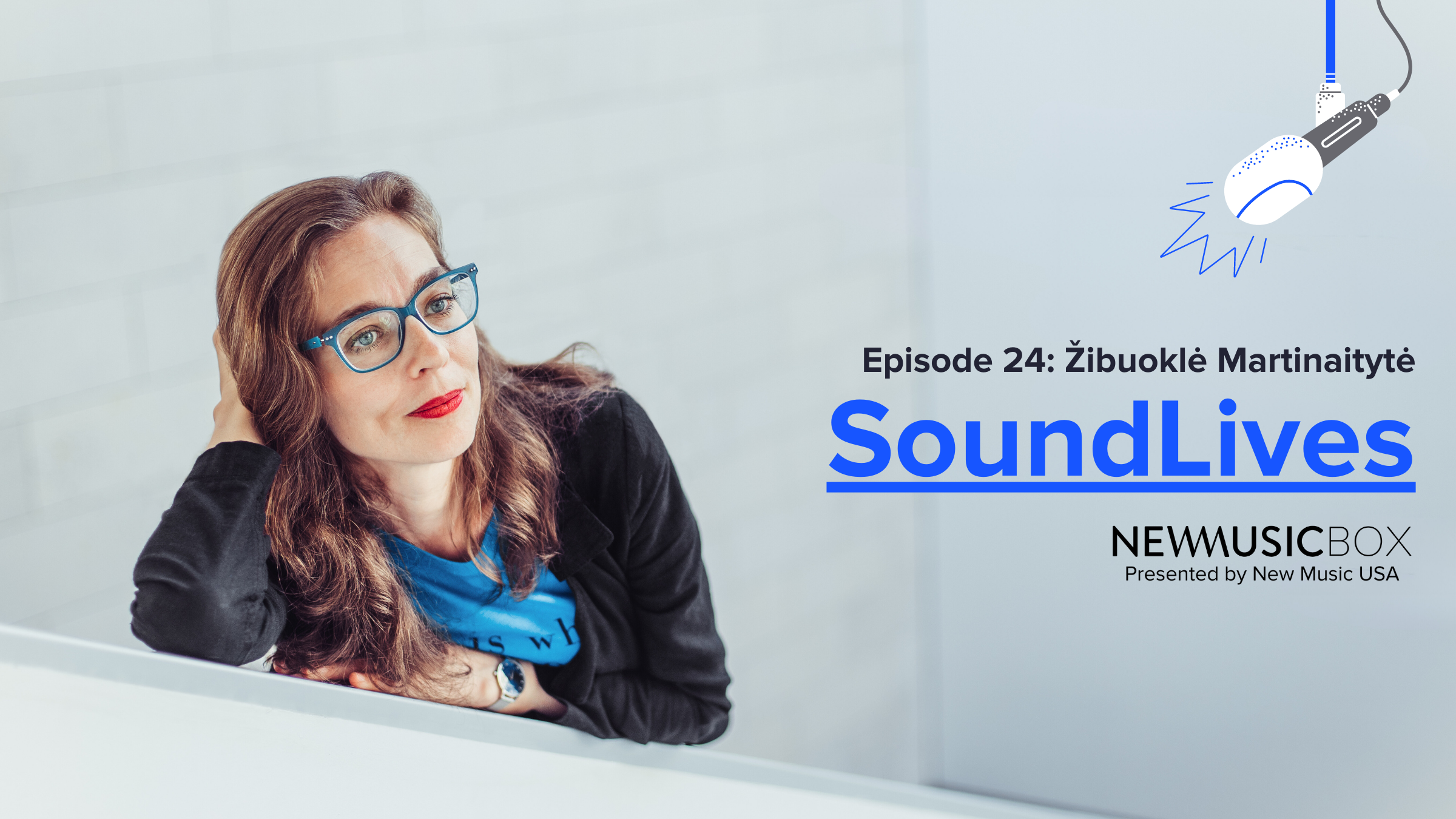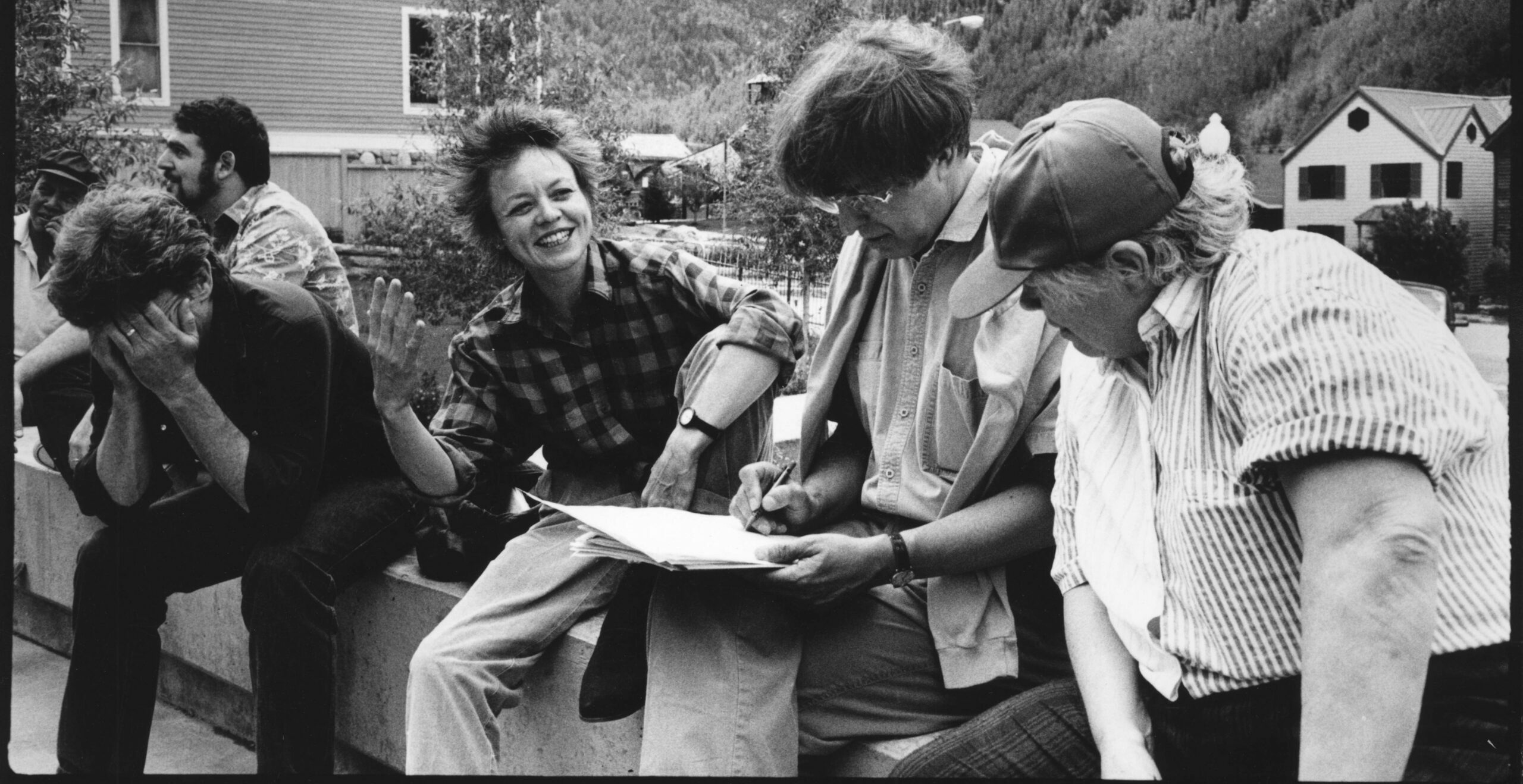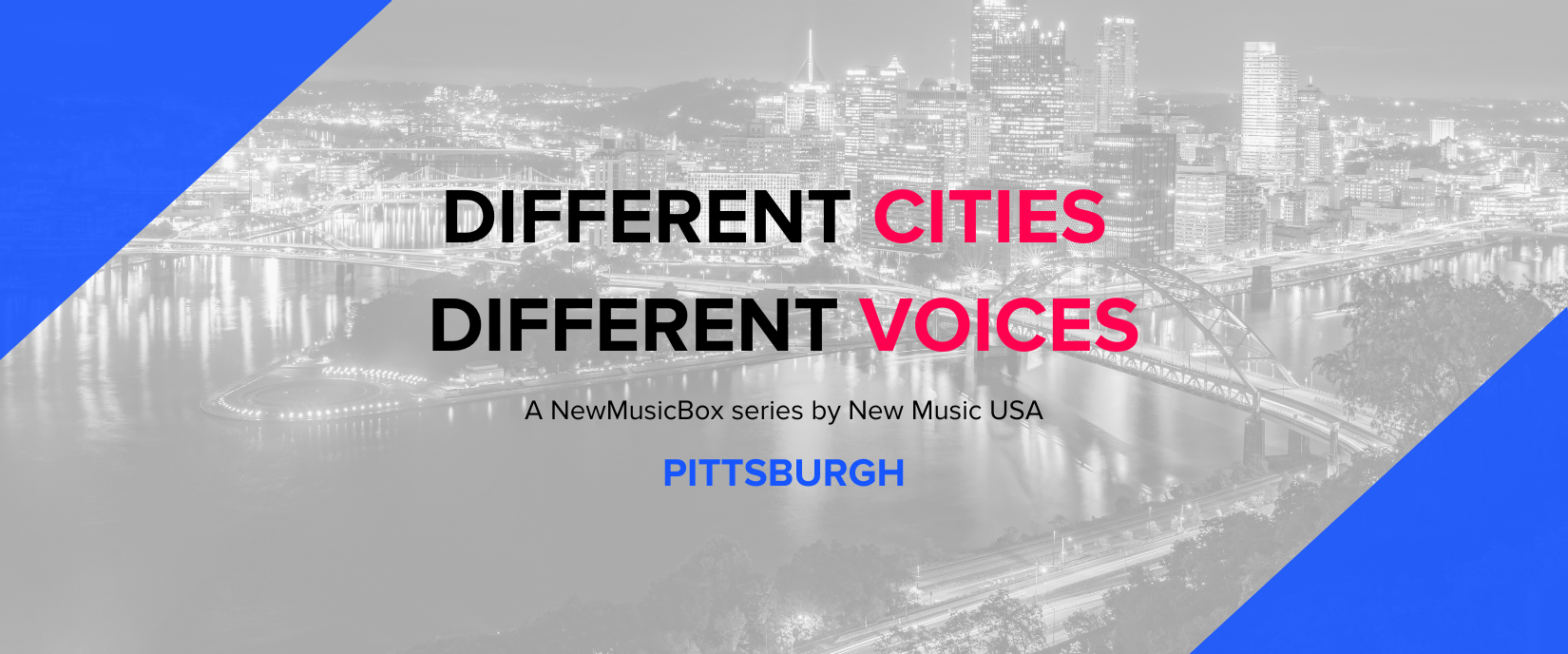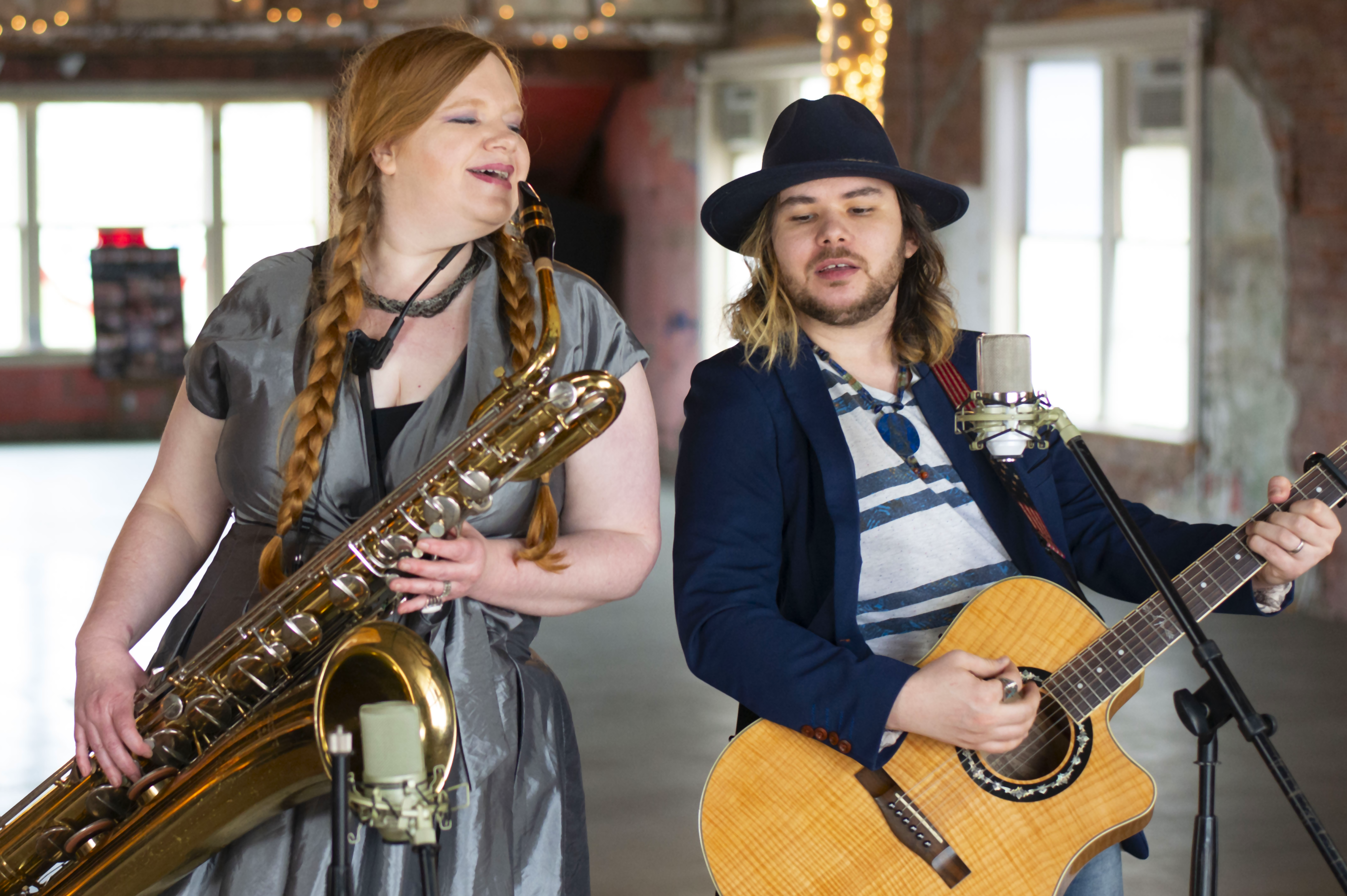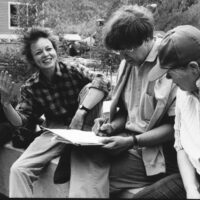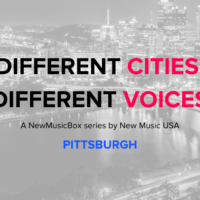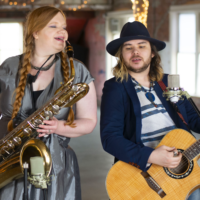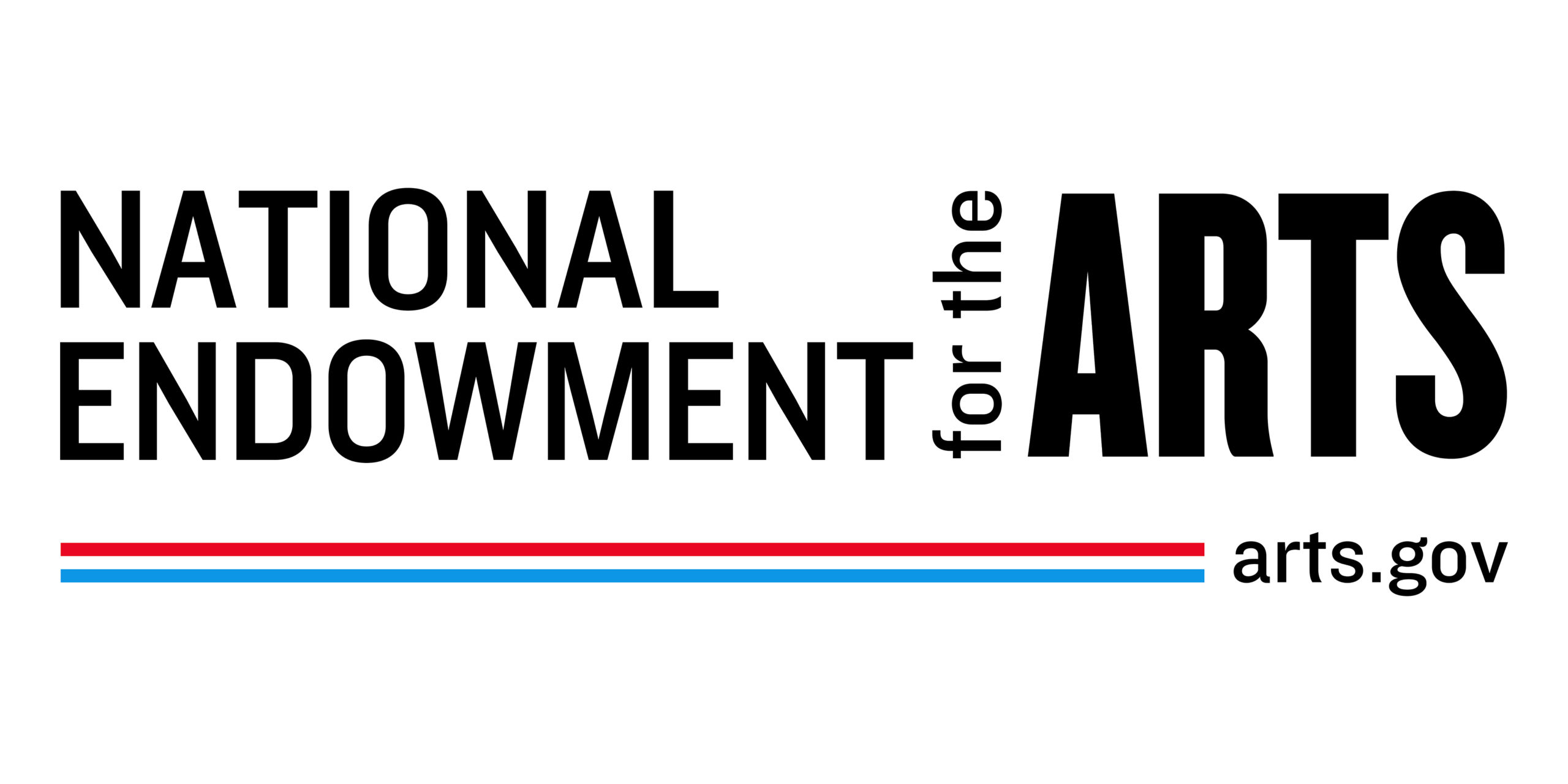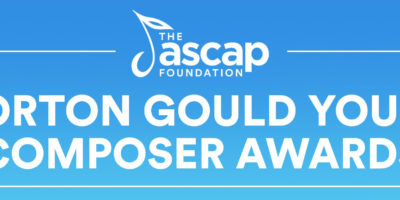
The ASCAP Foundation has announced the 23 recipients of its 2022 Morton Gould Young Composer Awards as well as 15 additional composers who received honorable mentions.
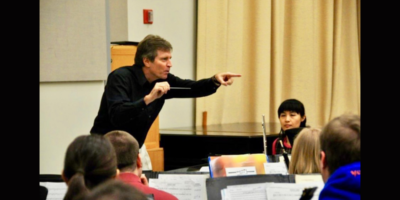
Composer Frank Ticheli shares his experience with Generalized Anxiety Disorder.
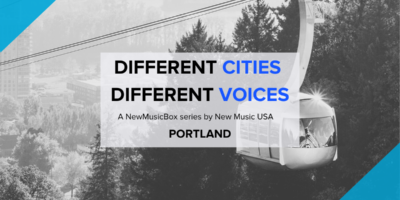
Everywhere you turn, someone is brewing their own beer, bottling their own hot sauce, writing a novel, or building their social justice-driven non-profit from the ground up. The spirit of imaginative resourcefulness that keeps Portland “weird” and alive is exactly the reason the new music scene thrives. The music community is intimate and supportive of one another.
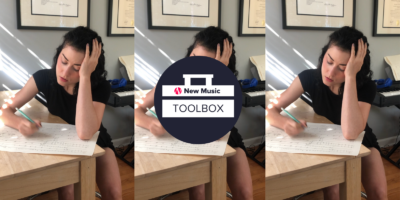
Because composers’ processes are diverse and often opaque, potential commissioners sometimes don’t know how to value what we do. This lack of understanding can result in a reluctance to discuss compensation and often justifies gross demands on our time and abilities.
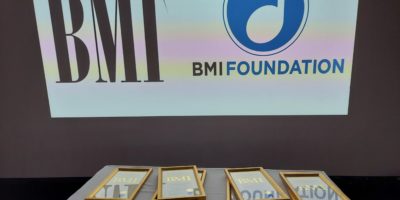
BMI (Broadcast Music, Inc.), in collaboration with the BMI Foundation (BMIF) has announced the seven winners and three honorable mentions in the 70th Annual BMI Student Composer Awards during the first in-person ceremony for these awards in three years.
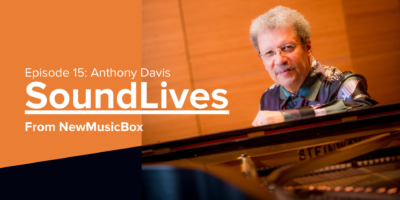
For Anthony Davis, whose compositional aesthetics are an amalgamation of several different musical traditions (jazz, Western classical music, gamelan), different kinds of music recall different emotional states and experiences in terms of what the music implies. So it’s inevitable that he has devoted so much of his compositional energies to opera, and in particular to using the operatic medium to tell stories that either deal with significant historic events or which focus on important social concerns.

Mezzo-soprano Sasha Cooke shares her experience of imposter syndrome, a feeling that one is not worthy or deserving of one’s success.
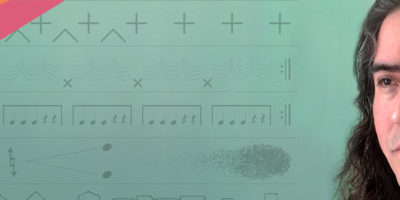
Raven Chacon has been awarded the 2022 Pulitzer Prize in Music for Voiceless Mass. The annually awarded $15,000 prize is for a distinguished musical composition by an American that has had its first performance or recording in the United States during the previous year. The work, which premiered on November 21, 2021 in Milwaukee, Wisconsin,… Read more »
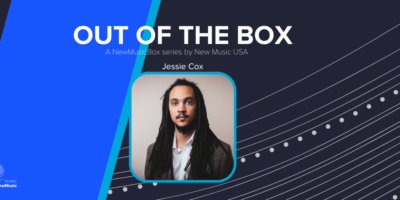
I engage the future not as something that comes later on, that replaces a complete and whole present, but rather that the future is a method of thinking that shows something that is already here.

Austin’s economic and social reality is complex and our art communities are forever adapting to the challenges and opportunities presented by these realities.

Ukrainian-born violinist Dr. Myroslava Khomik shares how anyone with creativity and compassion can work as a spiritual leader during times of global crisis.
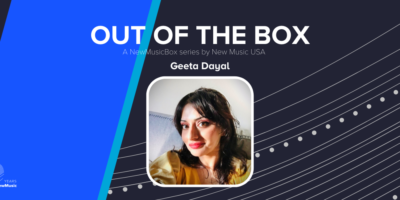
The prevailing narrative is that social media and digital streaming services have taken over the space that critics once inhabited. But I would like to present a more optimistic concept of the future, which we could build by reframing music criticism’s cultural value.
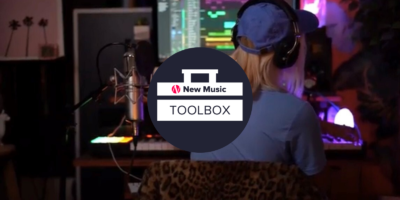
Having worked as a composer, producer, songwriter, and artist throughout the Film/TV, contemporary, video game and commercial music worlds, I have learned that a good creative creates, a great creative finishes. Here are several fundamentals I’ve come to lean on that help me in navigating through music industry deadlines, multiple project balancing, and multi-tasking generally.
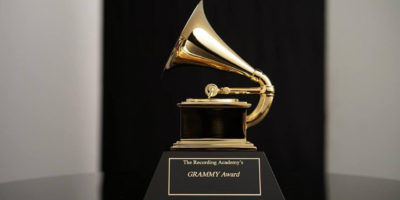
There are many people to celebrate among the recipients of the 64th Annual Grammy Awards, and since several that we care about deeply were excluded from the TV show and, as a result, you might have missed them, we’re shining some light on them here.
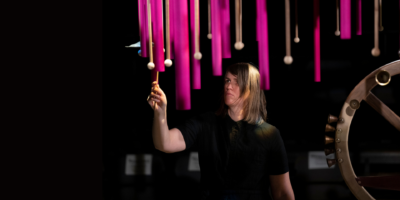
How we perceive sound on a psychological level as it unfolds over time is key to the sonic experiences that Sarah Hennies creates. Despite the extremely broad stylistic range of her output, everything from her early collaborative work as part of an experimental rock band to a multimedia documentary to extended duration solo and chamber music compositions for various instrumental combinations, it all shares a concern for extremely precise sonic gestures and involves a great deal of repetition. While Sarah Hennies prides herself on scores that are extremely economical (a score for a nearly 34-minute piece is a mere two pages), the sonorities feel extremely generous.
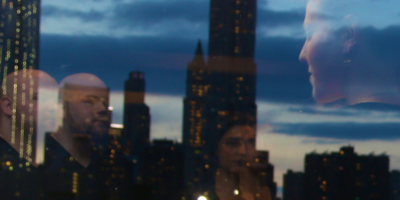
Psychiatrist Alana Mendelsohn, MD, PhD, Catherine Hancock, and Katya Gruzgliina share the mission of Creatives Care, which aims to partner artists with affordable mental health care providers and help individuals assess what kind of therapy might be right for their specific needs.
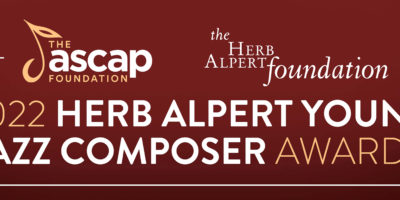
The ASCAP Foundation has announced the recipients of the 2022 Herb Alpert Young Jazz Composer Awards. The recipients, who receive cash awards, are selected through a juried national competition. All in all, 21 composers were awarded and an additional 6 received honorable mention.
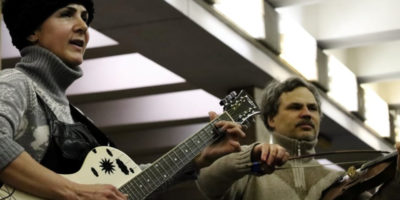
As Western orchestras, choirs, chamber groups and soloists scramble to find music by Ukrainian composers, and record renditions of the Ukrainian anthem, what is happening to the musicians who must live through this nightmare firsthand?

Let’s do a quick exercise: listen to a sound, any sound (a baby crying, a phone ringing), and ask yourself: can I hum it? Trace the movement of the sound with your hand in the air and observe: is it rising and falling in a pattern? The answers to these questions point toward the equipment needed to recreate them.
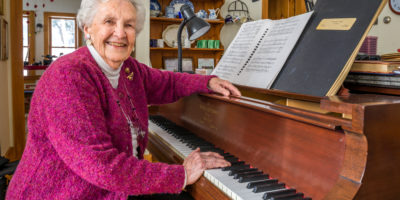
Composer, arranger, conductor, and teacher Alice Parker has been a fixture of the choral music community since working with the legendary Robert Shaw Chorale when she was fresh out of college in the late 1940s. Parker has devoted herself almost exclusively to music for the voice, since she strongly believes that people find their common ground through singing together.
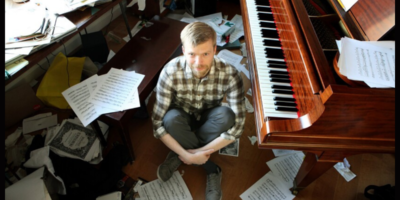
Composer Andrew Norman shares how his creative anxiety has led him into a current period of writer’s block.
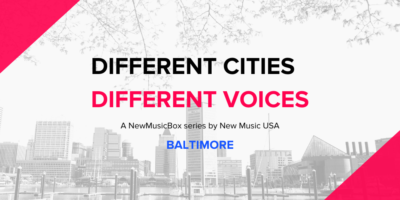
No artist in Baltimore lives here because they’re making a lot of money or getting a lot of commissions or opportunities. These music creators live here because they’re inspired every day. This place is fertile ground for truly original artmaking.
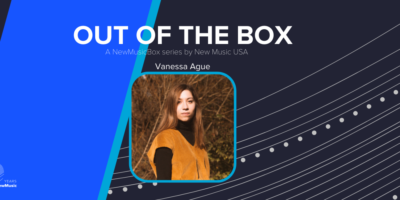
When I think about music 10 years into the future, the one thing that jumps out in my mind most is the perennial question of genre: How we define it and how it’ll change. Will there be any genres in 10 years? What will post-genre and cross-genre and everything in-between look like? Which new genres will emerge and take over the musical landscape?
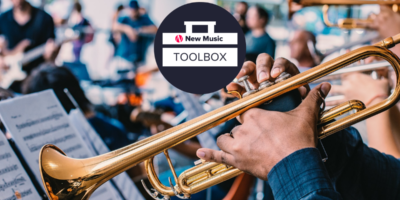
Contemporary music is still desperately needed in the teaching repertoire for most orchestral instruments. But I have found that EVERY style can be student friendly if it is tested and presented in a way as to welcome the learner into its universe and not alienate them.
